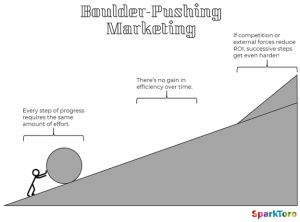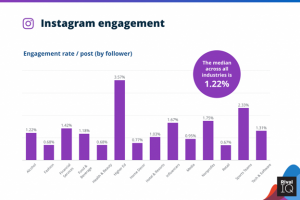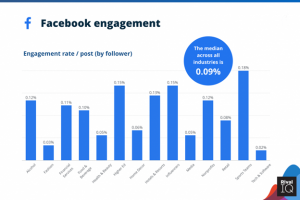Business owners often hope that paid advertisements will bring their websites closer to the top of Google’s search results. Paid ads are effective in increasing a business’s search engine optimization (SEO) over time. However, they are neither the fastest nor cheapest methods.
It is in every business’s best interest to consider improving its SEO performance. Google is the primary search engine customers will be drawn to, and the top results will get the best traffic. You can outsource your SEO to an expert, which would certainly do the trick. For now, you can also help yourself with a few practical steps.
Very often businesses attempt strategies that appear beneficial but yield too few results for the effort required. For example, extending your business’s online profile to platforms like Facebook and Instagram may work in later stages of marketing. But this strategy will ultimately serve the social media corporation in question more than your business, especially in the beginning.
Likewise, focusing on the quality of your content is wise and worthwhile. However, it will not be enough to ensure that said content reaches your target audience. To successfully improve your business’s SEO and attract more traffic to your website, you’re going to need a strategy all your own that works and can be repeated.
If you do not already know about SEO, that’s okay, we’re here to help! We have several articles that can help acquaint you with the basics of SEO, and you can find one linked here. Today we will be focusing on an underused but phenomenally effective practice you ought to consider for your business: a marketing flywheel.
The Marketing Flywheel Approach
Rand Fishkin defines a marketing flywheel as “a continuously improving set of repeatable, tactical investments that scaled with decreasing friction.” Put simply, a marketing flywheel is a continual strategy you can deploy with repeatable steps that get easier once the ball is rolling.

Flywheels like this one help grow your business with decreasing effort requirements once the pattern becomes self-sustaining. This process is repeatable, expands your audience, and can be scaled according to changing circumstances. Any marketing flywheel ought to achieve these ends. The only requirement is patience, as these processes take time to bloom in full.
Importantly, there is no need to attack every step of the flywheel at once. It would be far too difficult and yield too few results to approach it this way. Start small, consider what strategies are already working for you, and focus on them. Add new steps in small increments where and when it seems appropriate and adjust them to scale according to their success or failure. It will not be easy at first, but if you are persistent, the flywheel will work.

Remember, the goal of using the flywheel is to decrease the amount of effort each step will take. Too often businesses find themselves in a situation akin to pushing a boulder uphill, which only grows more difficult. This is particularly true of businesses stuck emulating marketing models of their competitors. Likewise, relying on self-serving platforms like Facebook will present the same issue. Deploying the flywheel approach will help you stand out and give you an opportunity to grow in your own unique and effective way.
Escaping the Social Media Bubble

It is possible that paying for advertisements may attract some extra attention to your website. However, building an organic flywheel will prove more successful and cost-effective. The goal of the flywheel approach is to minimize the challenge and effort often required for successful marketing campaigns. Saving money and staying original will also pay dividends for your business’s success.
Don’t fall for offers from other platforms. Facebook and other major tech companies are eager to establish marketing flywheels for your business on their sites. This traffic will most likely get caught in social media’s internal loops.
You want customer traffic driving toward your website, which will increase sales and keep the focus on you. The best way to do this is to emphasize independent marketing strategies and direct contact with customers. Email chains where you can send offers, deals, and reminders for loyal customers to return to your website and shop are far more effective than relying exclusively on the charity of Facebook.
Here we can see some less than promising statistics revealing just how few followers ultimately engage with businesses beyond what they see directly on Facebook and Instagram.
As we can see in these charts, social media engagement alone is not enough to drive traffic to your website. It never hurts to engage on platforms like Facebook and Instagram. In fact, we encourage that! However, we are eager to stress the value and impact of maintaining effective independent channels for marketing, like the flywheel approach, which saves on time, money, and effort, and are not contingent on a major corporation like Facebook, which has its own priorities.
Conclusion
At the end of the day, simply being aware of the importance of SEO and building your own marketing strategy puts you ahead of the competition that relies on external platforms and advertisements to draw attention to their products. Whatever strategies you adopt for your business, so long as you deploy the flywheel method, the process will be easier, cheaper, and over the long haul far more successful.
Now is your chance to get out there and make your mark using your own marketing flywheel strategy! It never hurts to keep up to date on current SEO trends, and we invite you to read on to our other blogs about improving your search engine rankings and online marketing.


